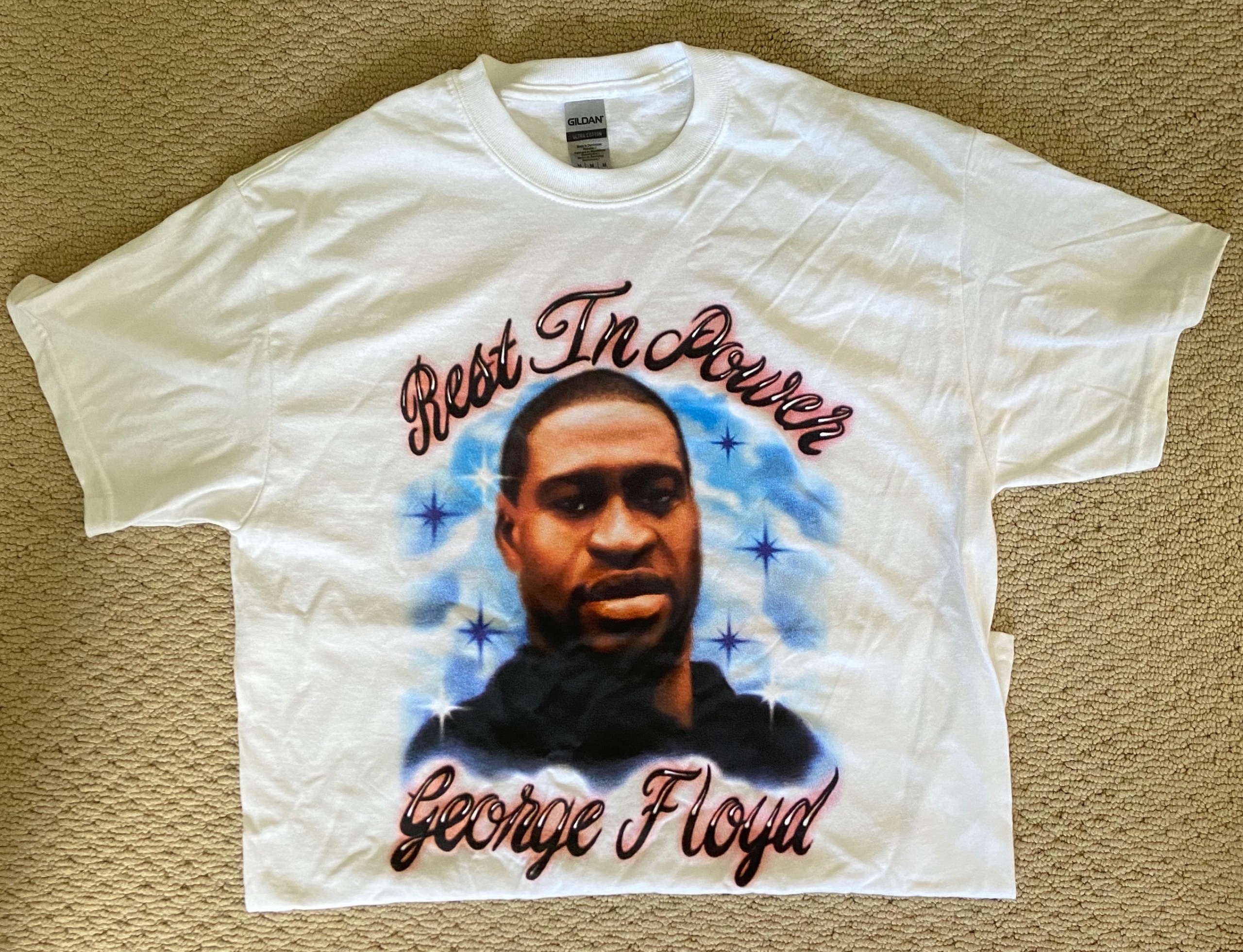High school students around the world are learning to overcome the notion that because they are younger they have to wait for adults in power to initiate change. In Wellesley, high school and college students are starting town-wide conversations about racism and abuse of police power, and demanding a “no tolerance” policy for racism in schools.
In an effort to educate their peers about the experiences of people of color, high school students Effa Fouda ’21, Yusuf Isaacs ’21, Allie Wornell ’20, Chloe Cator ’21, and many other members of the high school’s YES club created a weekly, students-only Zoom call for any high school student to talk about racism and its effects in the United States, specifically in Wellesley. The two Zoom sessions thus far have featured break out rooms for smaller conversations and panels for students of color to share personal experiences with racism.
“I think one of the most eye-opening conversations I have had about race in America was during the BLM zoom that high school students organized. Initially, I was ignorant to racism in Wellesley. As Boston and New England in general is labeled progressive and democratic, I thought that because I didn’t see it with my own eyes, racism in Wellesley wasn’t that prevalent. However, that could not have been further from the truth. My initial judgements about race in Wellesley were wrong because I invalidated the experiences of Black people living in Wellesley just because we are a blue state. Racism happens everywhere, and I learned that I always have to keep an open mind about issues that I don’t always see with my own two eyes,” said high school student Pati Cerda ’22.
In addition to creating platforms to share the experiences of Black youth in Wellesley, individual students are voicing their demands for the high school to become an anti-racist environment.
“Specifically, Wellesley needs to stop forming their racism lessons around white comfort. It is time for our schools to have uncomfortable conversations because if the conversation is uncomfortable, it’s a conversation that needs to take place. Especially about racism. Not only should there be more teachers of color, but the high school needs to listen to students of color. Our voices need to be heard,” said Cator. “I am Haitian American and in the black community. I am scared for my family and for my own life. Something has to change; too many people in the black community have been murdered.”
In the midst of the COVID-19 pandemic and in response to the recent murder of George Floyd, Wellesley students are finding ways to fight against police brutality and institutionalized racism in the United States through signing petitions, making donations, and using social media to amplify Black voices, while preventing the spread of COVID-19.
High school student Tess Miller ’22 and her sister, Bridget Miller ’20, run a small business that sells custom college gear on Instagram, called Millie’s Tailgates. The sisters created a sticker of the black power fist to add to their products, pledging to donate 50-100 percent of profits from sales to the Massachusetts Bail Fund.
Cerda and Miller, amongst many other teens who struggle to make donations or attend protests in big cities because they are dependant on their parents, said they have turned to the power of social media and old-fashioned conversations with their friends and family.
“Since the BLM protests have begun, I believe that social media has become an even more powerful tool. Social media is helping many more people become allies, educate themselves and each other, and report events of the protests that the news does not show. Social media is more powerful than ever right now,” said high school student Polly Lasch ’20.
Similar to the Millers, Lasch and fellow high school student Ilana Blaustein ’20 organized a bake sale to raise money for the Massachusetts Bail Fund. Students like Lasch, Cerda and the Millers agree that it is difficult to be young during a pivotal time in history. As a result, Lasch said that when engaging in conversations with adults about defunding the police or pushing the conventions of our societal structure, she was met with thoughtless backlash and claims that she was “uneducated”, and her ideas were disregarded because of her age.
Regardless, Wellesley students are creating ways to create change from the confines of their own homes. Not only are they organizing fundraisers like Lasch and the Millers, but they are initiating much-needed conversations amongst older generations and their own, creating platforms for Black voices to be heard, and generating action plans to make Wellesley and the United States an anti-racist environment. These action plans include a student-made petition directed specifically at Wellesley High School to demand education surrounding racism and privilege starting in kindergarten; education around the United State’s history of systemic racism and its current manifestations; anti-racist training courses for all teachers; removing the presence of the Wellesley Police Department from the high school, and a plan to represent cultural and racial diversity in the teaching staff.
“We can no longer stand by and allow this behavior to go unnoticed. Silence is violence, and hurts the communtiy,” said Cerda.
The biggest fear of Lasch, Cator, and Cerda, as well as many other students, is that the momentum the Black Lives Matter movement has gained will dissolve after the “trend” is over.
“Non-black youth, such as myself, need to use their voices and not leave it to just Black Americans. I think that in this era, choosing to be silent is not an option, we must use our platforms and resources to advocate the fixing of a broken system,” said Lasch.

